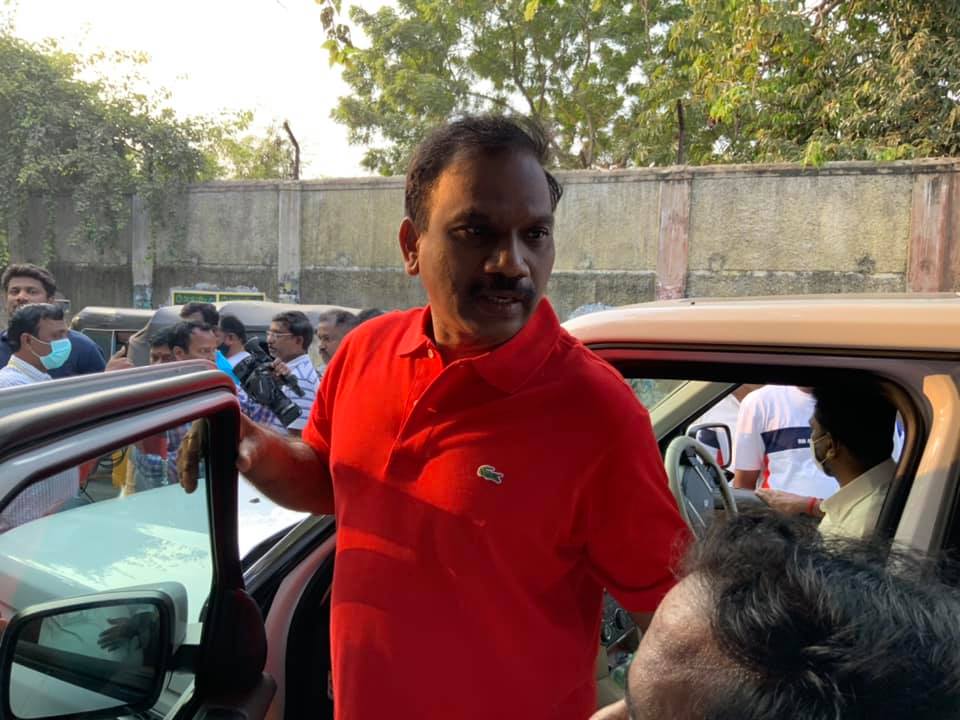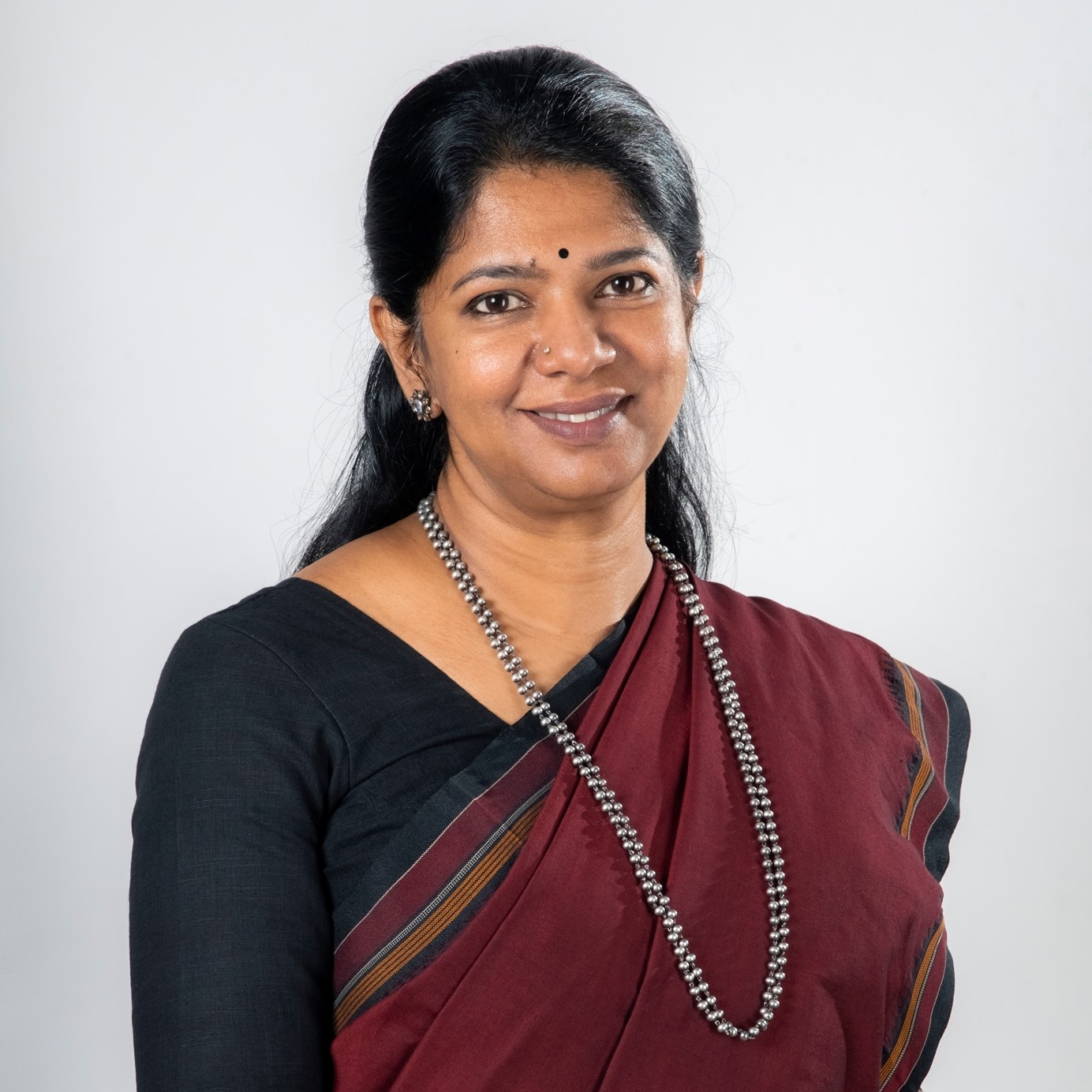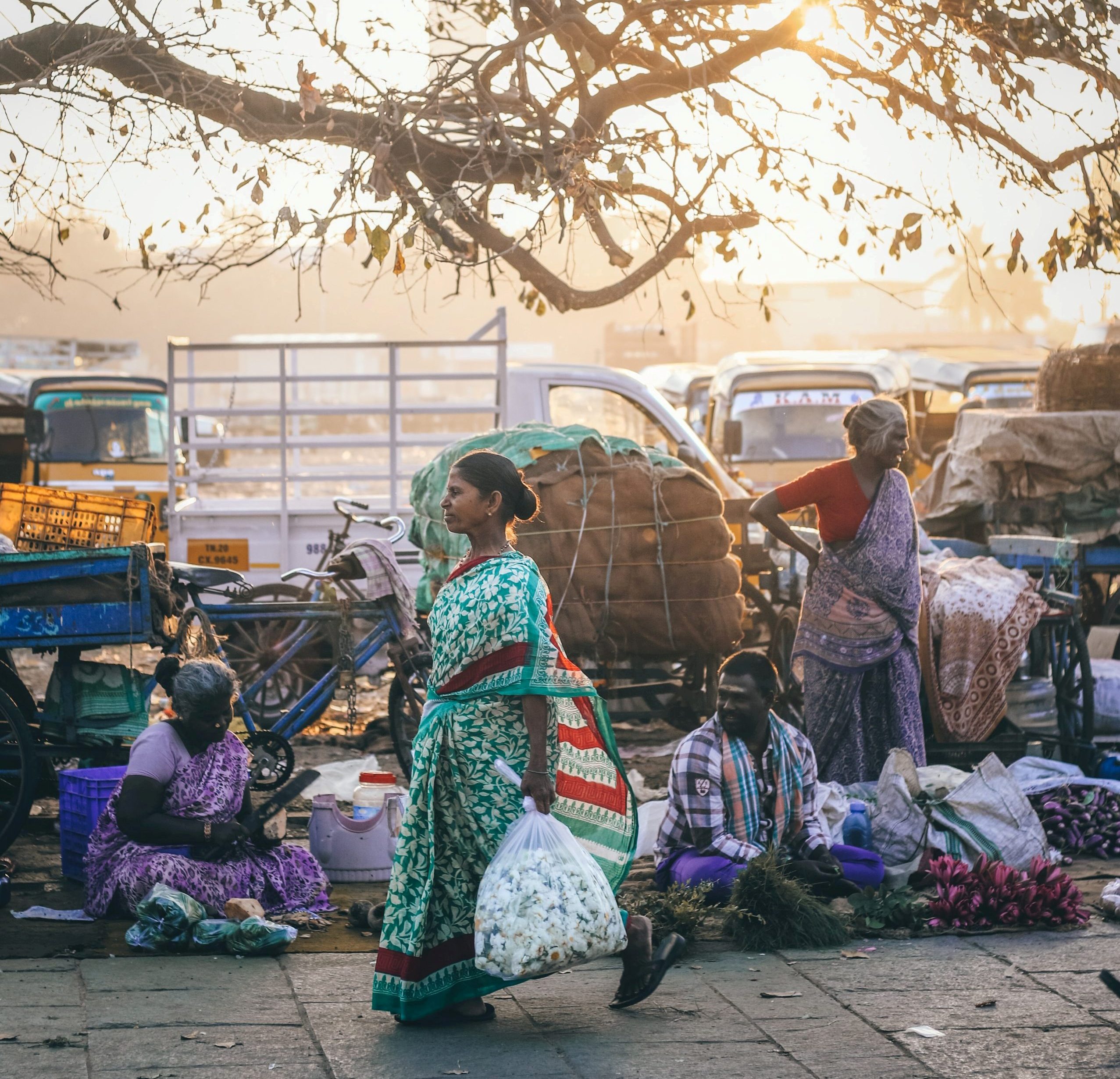Kavitha Murlidharan
It was a mask not many had expected to fall. In the course of heated campaigning in Chennai on a sultry March day, former Union Minister A Raja – often seen as the intellectual face of the Dravida Munnetra Kazhagam (DMK), and perhaps rightly so – turned into what every male politician (and sometimes female politicians, too) aspires to, at least once in their career. A casual misogynist.
Drawing parallels between
his own leader, M K Stalin, and Chief Minister Edappadi Palanisamy, who belongs
to the All India Anna Dravida Munnetra Kazhagam (AIADMK), on March 26,
Raja said that the
former was a healthy baby born as a result of a legitimate relationship while
the latter was a premature baby resulting from an illicit relationship.
The remark was wrong at
many levels. It is judgmental, yes, but more importantly, the remark also
ridicules pregnancy and childbirth, and the complications associated with them.
This was not the first instance of casual misogyny to happen during this
election, nor will this be the first election to have such misogynistic tones
in campaign speeches.
Much before A Raja made the derogatory remark, Dindugul I Leoni – a popular orator and a DMK spokesperson – remarked how women’s bodies were now like barrels, and not like the figure ‘8’, because they were drinking the milk of foreign breed cows. “The babies do not stay on the hips these days,” he said.

A Raja (Source: Facebook)
Between Raja and Leoni,
there was another office bearer of the Tamil Nationalist Naam Thamizhar party –
which had ironically fielded women in 50 per cent of the constituencies – who
criticised DMK’s poll promise of free sanitary napkins. “Aren’t we good enough
to buy sanitary napkins for our sisters and mothers? Are the Tamils (men) so
worse? If you launch this scheme, who will you hand the first napkin to? To
Kanimozhi? Dayalu Ammal? Or Rasathi Ammal?” he had asked.
Of what use is reservation
for women by the party if the campaign by its office-bearers reek of patriarchy
and chauvinism, besides of course casual slander? If Tamil men take the free
napkin scheme (which, incidentally, has worked very well in some states) as a
personal assault on their ego, why shouldn’t Tamil women also be offended by
the suggestion that only men can buy them napkins? Tamil women actually
have a long history of being valorous and fiercely independent.
But casual misogyny is
not an aspect of this election alone.
The Tamil political
landscape has sexism written all over it, sometimes in capital letters.
Sadly, sometimes women, too, perpetuate such attitudes. Jayalalithaa, who
is often seen as the lonely warrior struggling in an all-male world, has made
slanderous remarks about DMK MP Kanimozhi in her campaigns. Another woman
leader accused Jayalalithaa of not being ‘fit to rule’ because she had ‘no
family.’
During the ongoing
election season, an AIADMK office-bearer has made a defamatory, crassly
misogynist remark about DMK youth wing leader Udayanidhi Stalin, who is also a
well-known actor. During the campaign he had also heaped personal slurs on
Kanimozhi.
Senior BJP leader H Raja,
who is now a candidate in Karaikudi Assembly constituency, had in 2018 tweeted an
indirect reference to Kanimozhi as an “illegitimate child born out of an
illegal relationship.” He has now condemned namesake A Raja’s recent remarks.
Despite its progressive
face, Tamil Nadu’s political landscape is not without its share of
sexism. Much before social media became the norm of the day, the
‘pechalargal’ or ‘speakers’ of almost every political party in the state would
often be seen and heard using vulgar language and personal insults at public
meetings. But these stand-in speakers, who preceded the main scheduled
speakers, generally remained in the background politically, rarely making it
into the mainstream. However unjustifiable their distasteful remarks
were, their reach and influence were limited. In the world of social media frenzy,
these ‘speakers’ have been replaced by nameless, faceless trolls.
In this entire sordid
episode of blaring sexism the silver lining is the response of women leaders.
Kanimozhi especially put out a strongly worded tweet: “Whoever the
political leader is, to pass derogatory comments and personally slanderous
remarks against women is condemnable. It is good for society if everybody
remembers this. This is the social justice that the Dravidian movement and
Periyar had aspired for.” Ironically, the responses from the troll brigade to
the tweet represented exactly what she had spoken out against. The trolls, too,
were protesting against Raja’s remarks but by essentially following in his
footsteps.
That is the power of
misogyny for you.

Kanimozhi (Source: Facebook)
Meanwhile, DMK President M
K Stalin also asked his party
leaders to exercise caution during campaigns. “We believe in duty, dignity and
discipline.” A Raja, on his part, said he drew
the analogy to explain the difference between Stalin and Palanisamy, and had
not intended to cast aspersions on Palanisamy’s mother as had been made out on
social media through shared video clips.
But the more important question to emerge from this debate will, for me, be this: How removed is misogyny as an idea central to everyday existence from our normal lives? How angry are we about everyday, casual sexism in our lives, which perhaps indirectly drives our political discourse, too? I can perhaps explain the point better with the example of Dindugul I Leoni.
Leoni’s claim to fame is the fact that he used to be a judge in ‘pattimandrams’ (popular, stage-based debate shows) and will perhaps continue to judge such events in the future, too. A cursory glance at such pattimandrams – a regular feature on television during special holidays like Diwali – would expose their intrinsic misogyny and sexism. Sample the topics of pattimandrams that Leoni has participated in over the years: Thaaya Thaarama? (Mother or wife?), Magizhchiyaana vaazhkai thirumanathirku munba thirumanathirku pinpa (Is life happy before marriage or after marriage?), Kudumbathin magizhchikku perithum kaaranam maganaa magalaa? (Who is more responsible for family’s happiness – son or daughter?), Pengal perithum magiznthiruppathu pirantha veetila puguntha veetila? (Are women happy in their parents’ houses or in-laws’ houses?)
Leoni presiding over a pattimandram
on the theme: “Happy life before or after marriage?” (Source: Internet)
If we are among the
audiences of such shows, nonchalantly laughing and putting our hands together
to encourage the sexist jokes that flow freely in them, aren’t we also egging
Leoni on to make such crass remarks on stages that are more politically
mainstream as well?
The argument can be
extended to the taboos around menstruation in both urban and rural spaces in
Tamil Nadu. I can also never tire of wondering how we happily consume
patriarchy and misogyny on a daily basis through our television serials and
films.
Of course, we expect our politicians to behave better because they set precedents and examples. The change has to begin with them because they claim to be leaders. Perhaps they can begin by at least listening to the women in their own parties?

